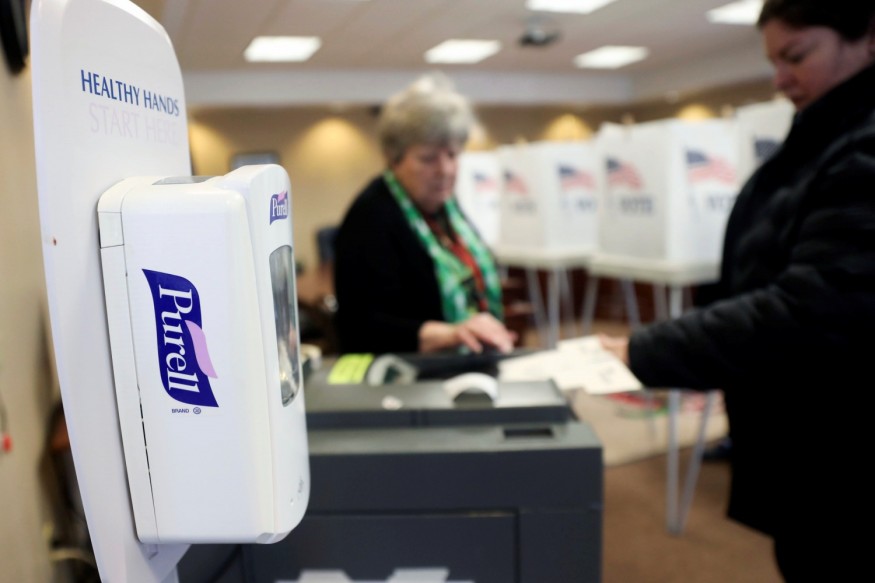GOJO Faces Class-Action Lawsuits Due To Misleading Claims

The recent class-action lawsuit against GOJO was filed by four people on March 13 in the Northern District of Ohio. The hand sanitizer's label indicates that the product can kill 99.9% of illness-causing bacteria but no science supports the company's claim.
"These claims do not have enough scientific basis," the lawsuit indicates. However, the president and CEO of GOJO firmly said that the accusation is without merit and that they stand strong with their product.
The first lawsuit was filed against the company a month ago. The plaintiffs in this lawsuit assert that the manufacturers broke the public's trust by making unsubstantiated claims.
The Food and Drug Administration sent a letter to GOJO warning them against their alleged unsubstantiated claims on the effectiveness of their products. The agency specified various advertisements where the company suggests its products can prevent Ebola and influenza among other diseases.
Demand for Hand Sanitizers and Similar Products Increases
Due to the pandemic caused by COVID-19, the demand for hand sanitizers, alcohol, and similar products is surging. According to a study, a spike of 73% increase in hand sanitizer purchase was observed as the virus surfaced. The increased need for such products has resulted in hoarding concerns.
Asian consumers have also been stockpiling personal hygiene goods due to the outbreak. In Malaysia, sales of hand sanitizers have increased by 800% in a span of one week.
In Italy, currently with 59,138 coronavirus cases, sales of hand soap increased by 29% while hand sanitizer sales soared to 1,870%. The increased demand for these products has prompted third-party sellers to inflate their prices amid the health crisis.
As part of the FDA's commitment to addressing the coronavirus outbreak, the agency has released two documents to effectively communicate its guidelines and policy related to alcohol-based product manufacturing. The guidance is expected to be in effect as long as the public health emergency status is not lifted.
A statement released by the agency said, "We are aware of significant supply disruptions for alcohol-based hand sanitizers. Many manufacturers make hand sanitizers, and several have indicated that they are working to increase supply," said FDA Commissioner Stephen M. Hahn, M.D. "In the meantime, these guidelines provide flexibility to help meet demand during this outbreak. We will continue to work with manufacturers, compounders, state boards of pharmacy and the public to increase the supply of alcohol-based hand sanitizer available to Americans."
The first guidance, Temporary Policy for Preparation of Certain Alcohol-based Hand Sanitizer Products during the Public Health Emergency (COVID-19), does not intend to punish firms that prepare alcohol-based hand sanitizers for public and healthcare use.
The second guidance, Temporary Policy for Compounding of Certain Alcohol-based Hand Sanitizer Products during the Public Health Emergency, does not require compounders to get a patient-specific prescription to proceed. Compounding is practiced by a licensed pharmacist, physician or anyone under the supervision of a pharmacist alters or mixes ingredients of a drug to create another medication.
The FDA commits to assist manufacturers and compounders as they create hand sanitizers within the American public's reach.
Subscribe to Latin Post!
Sign up for our free newsletter for the Latest coverage!
© 2026 Latin Post. All rights reserved. Do not reproduce without permission.














